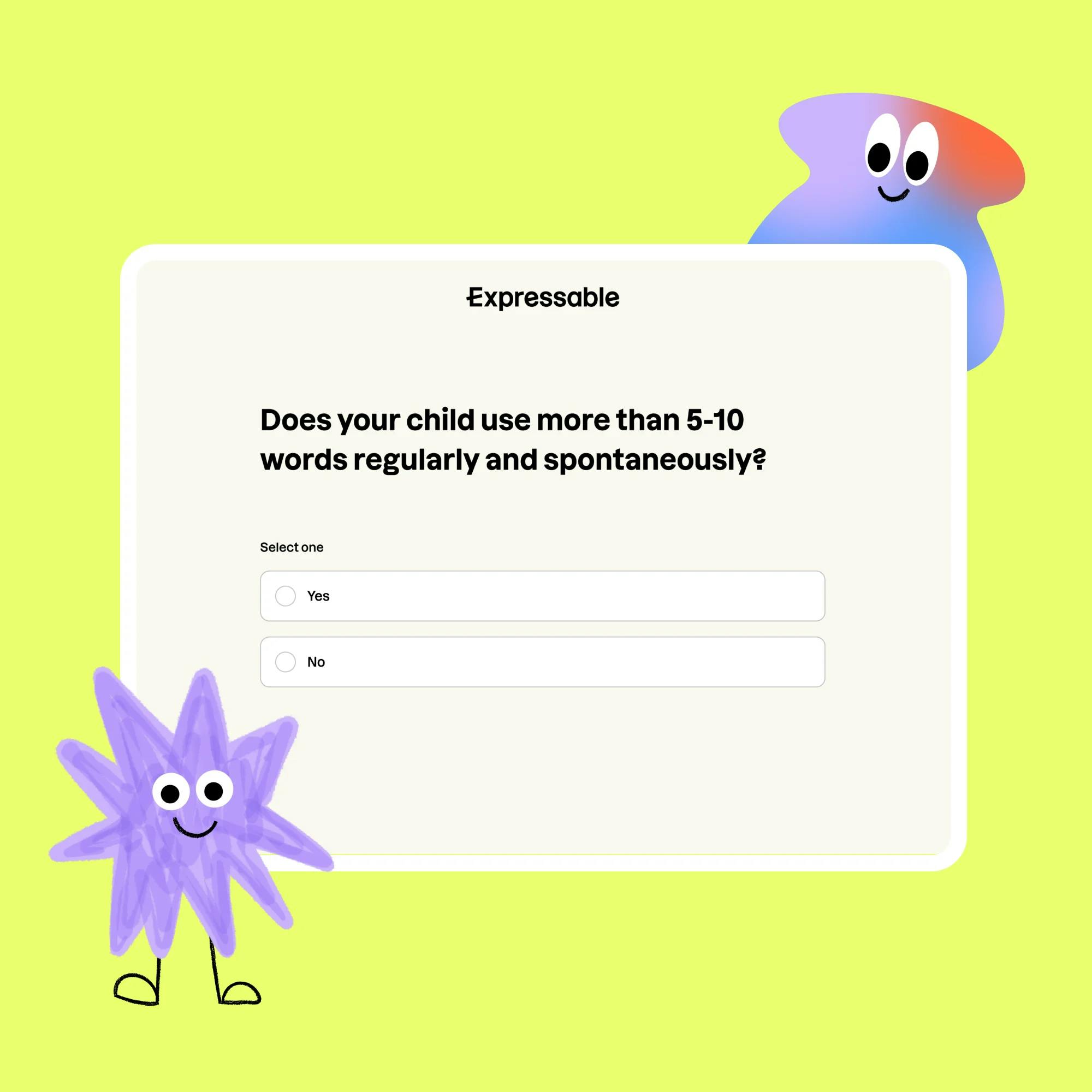You may not have heard of “social pragmatics,” also known as social communication or social language. Social pragmatics refers to how we use words, body language, and voice inflection–not only to communicate what we need to say, but also to understand what others are trying to express to us.
Some children and teens may have a hard time understanding and using these higher level skills when communicating. This matters, because social language affects how we form relationships and communicate with people every day in school, at work, and in social situations.
Here’s what you need to know about social pragmatics: what makes social communication challenging for some kids, how to know if your child is struggling, and how speech therapy can help with a social communication disorder.


What are social pragmatics?
Here are some of the main social communication skills:
Using natural-sounding inflection in your tone of voice
Standing at an appropriate distance from your conversation partner
Giving appropriate eye contact or looking toward your conversation partner
Knowing how to greet or start a conversation with others
Maintaining a back-and-forth conversation; asking questions and commenting appropriately
Staying on topic in a conversation
Smoothly transitioning to a new topic
Making inferences about someone’s feelings or thoughts based on their verbal and nonverbal cues, such as their facial expressions


Let’s review an example. Say two middle-schoolers are talking with each other. One has age-appropriate social communication skills, while the other needs some support with social pragmatics.
The child with a social pragmatics disorder may not appear to be listening because they’re turning away from the other child or not looking at them. They may also interrupt the other child, or not be sure how to keep the conversation going.
A child with a social communication disorder may seem to have difficulty responding. When you talk with them, there may be pauses in the conversation that feel a bit unnatural to you. All of these are signs of a social pragmatic disorder.


What causes challenges with social pragmatics?
Just like some children may need physical therapy to learn how to walk, others may need speech therapy to help with communication skills. Some children have a delay in general language skills or pronouncing certain speech sounds, while others have a social pragmatic delay. In many cases, preteens and teens who have a social pragmatic disorder were delayed in overall communication skills when they were younger.
Sometimes children who are delayed in these social skills have an underlying diagnosis. While this isn’t always the case, autism is often associated with the need for support in social communication skills. Autistic people are considered neurodivergent, which means their brains work differently than what society considers “normal.” Neurodivergent people may have differences in communication, learning, social preferences, and behavior.


How do you know if your child needs help with social pragmatics?
After reviewing some examples of social communication, take some time to think about and watch how your child interacts with others. This can be when you’re talking with them, or when you see them interacting with other kids or adults.
Observing your child will give you a big clue as to whether they’re struggling. If they have a hard time making friends or talk about not enjoying certain social activities, this can also be a sign that social communication is difficult for them.
Speech therapy focused on social skills can be a big support for children, preteens, and teens who need it. Speech therapists can target social language development in a variety of ways.
Speech therapy focused on social skills can be a big support for children, preteens, and teens who need it.
To determine where to start, a speech therapist will first perform an evaluation. This testing will assess your child’s current strengths and weaknesses. The speech therapist will also informally assess the child using their clinical knowledge. They will likely engage the child in an activity and conversation to observe how they communicate.
Once the evaluation is complete, the speech therapist will make a recommendation as to whether speech therapy is needed. If it is, they will also recommend how often the child should come to speech therapy. This is usually at least once a week.


How speech therapy can help with social communication
Your speech therapist will create a treatment plan with goals specific to your child. The speech therapist will often collaborate with the family to incorporate goals important to them, as well.
Speech therapists use different types of activities to target social communication goals during sessions. For example, your speech therapist may show your child a picture of a social scene and provide a story about what’s happening with the characters. They may ask your child to point out something a character said that wasn’t appropriate, or how the character should have responded.
Speech therapy may also focus on general conversation skills. The therapist may start off by engaging the child in conversation about things they like to talk about. They can then move to harder tasks, such as helping the child learn how to ask and answer questions on less familiar topics, or how to easily switch from one topic to another.


Social pragmatics and autism
For autistic kids, it’s important to keep neurodiversity in mind. Their social communication skills may not look exactly like anyone else’s, and that’s OK! Speech therapy should focus on the areas of social communication that matter to them and where they want support. These are important questions to ask older children and teenagers.
The goal of speech therapy is to help autistic people develop communication skills that feel authentic to them, so they can grow, laugh, and connect with others.


There are many benefits to finding extra support for children who may be delayed in social language development. If you feel your child could benefit from speech therapy, spend some time talking with their teachers or begin your search for a speech therapist to schedule an evaluation. Support is there to help your child grow and connect with others!
An important note about our use of identity-first language: When speaking about any community as a whole, our goal is to prioritize that community’s voices and preferences. Within the larger autism community, the current language preference is identity-first. Expressable is committed to learning from the populations we serve. If and when their preferences change, we’ll adjust our approach accordingly.
How Expressable Can Help
Concerned your child isn't reaching age-expected milestones? Looking for communication support from a professional? Expressable is a national online speech therapy practice serving children and adults. We treat all major areas of communication and feeding, offer flexible hours including evenings and weekends, and accept most major health insurance plans. We’re proud to have earned more than 3,000 5-star reviews from our clients (4.9/5 average).
Our therapy model is centered on parent and caregiver involvement. Research proves that empowering caregivers to participate in their loved one’s therapy leads to better outcomes. That’s why we combine live, 1-on-1 speech therapy with personalized education and home practice activities for faster progress.
Communication is more than words. It’s how we share how we feel and show who we are. We’re here to help you or your child do just that.
 Abby Barnes, M.S., CCC-SLP
Abby Barnes, M.S., CCC-SLP











